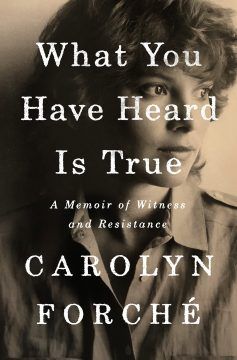 Suzy Hansen in The Nation:
Suzy Hansen in The Nation:
This past winter, after the Trump administration appointed Elliott Abrams as its special envoy to Venezuela, Representative Ilhan Omar of Minnesota reminded him during a hearing that he once described US foreign policy in El Salvador in the 1980s as a “fabulous achievement.” At the time, Abrams was an assistant secretary of state in the Reagan administration, which was funneling weapons, aid, and advisers to El Salvador’s right-wing government during the country’s civil war. Referring to the 1981 El Mozote massacre, one of the worst episodes of the conflict, Omar asked, “Do you think it was a ‘fabulous achievement’ that happened under our watch?” Abrams reacted with outrage: “That is a ridiculous question, and I will not respond to it. I am not going to respond to that kind of personal attack, which is not a question.”
Many politicians and pundits rushed to defend him, mostly (but not always) Republicans. And in any case, Democrats have been responsible for many similar foreign policy evasions. What seemed to shock many was Omar’s perspective—and her memory. As Benjamin Wallace-Wells wrote in The New Yorker, Omar was saying to Abrams and the rest of the world that “the overseas crimes of America’s recent past would now be interrogated from a victim’s point of view. If Abrams had been associated with some of these crimes and nevertheless thrived in Washington, then that should not operate as a defense of him but as an indictment of us.” Even in an era of failed interventions in foreign countries and a devastating migrant crisis emerging from Central America on our own border, many Americans still have little collective memory of the civil war in El Salvador or those responsible for it, let alone the ability or motivation to see the war from the victims’ point of view. In fact, they have no sense of the victims at all.
More here.
